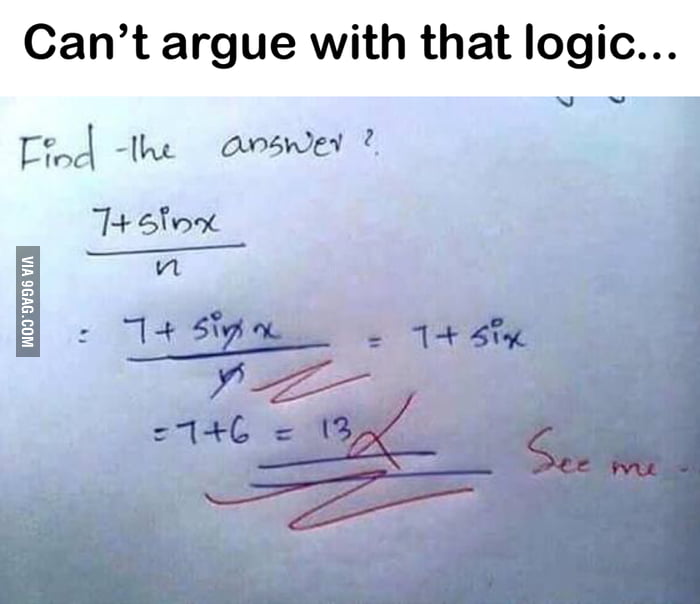10. Recapitulation of Extraverted Irrational Types
I call the two preceding types irrational for reasons already referred to; namely, because
their commissions and omissions are based not upon reasoned judgment but upon the absolute intensity of perception. Their perception is concerned with simple happenings, where no selection has been exercised by the judgment. In this respect both the latter types have a considerable superiority over the two judging types. The objective occurrence is both law-determined and accidental.
5. Recapitulation of Extraverted Rational Types
I term the two preceding types rational or judging types because they are characterized by the supremacy of the reasoning and the judging functions. It is a general distinguishing mark of both types that their life is, to a [p. 453] large extent, subordinated to reasoning judgment.
.....
Reasoning judgment, in such a psychology,
represents a power that coerces the untidy and accidental things of life into definite forms; such at least is its aim. Thus, on the one hand, a definite choice is made among the possibilities of life, since only the rational choice is consciously accepted; but, on the other hand, the independence and influence of those psychic functions which perceive life's happenings are essentially restricted. This limitation of sensation and intuition is, of course, not absolute. These functions exist, for they are universal; but their products are subject to the choice of the reasoning judgment.
~~~~~~~




 Reply With Quote
Reply With Quote



 is a deciding, limiting, and settling function because it forecasts and tells you what's going to happen, or tells you the real truth. Again, this is not
is a deciding, limiting, and settling function because it forecasts and tells you what's going to happen, or tells you the real truth. Again, this is not  deals a lot with perception of structure and contemplative questioning of external or logical relationships, which really tends to have much less to do exactly with how ITJs operate and more relation to an overall intuitive and logical mental sense (a genuinely human mindset depending on what it's directed at), what one easily expects from any NT. Look at niffweed, expat, any Te or Ti NT type for instance, in fact look at a lot of Te/Fi valuers here, look at any type and you will get these kinds of thoughts from them. It's not indefinitely
deals a lot with perception of structure and contemplative questioning of external or logical relationships, which really tends to have much less to do exactly with how ITJs operate and more relation to an overall intuitive and logical mental sense (a genuinely human mindset depending on what it's directed at), what one easily expects from any NT. Look at niffweed, expat, any Te or Ti NT type for instance, in fact look at a lot of Te/Fi valuers here, look at any type and you will get these kinds of thoughts from them. It's not indefinitely  which always meets with and effects the outside.
which always meets with and effects the outside.
